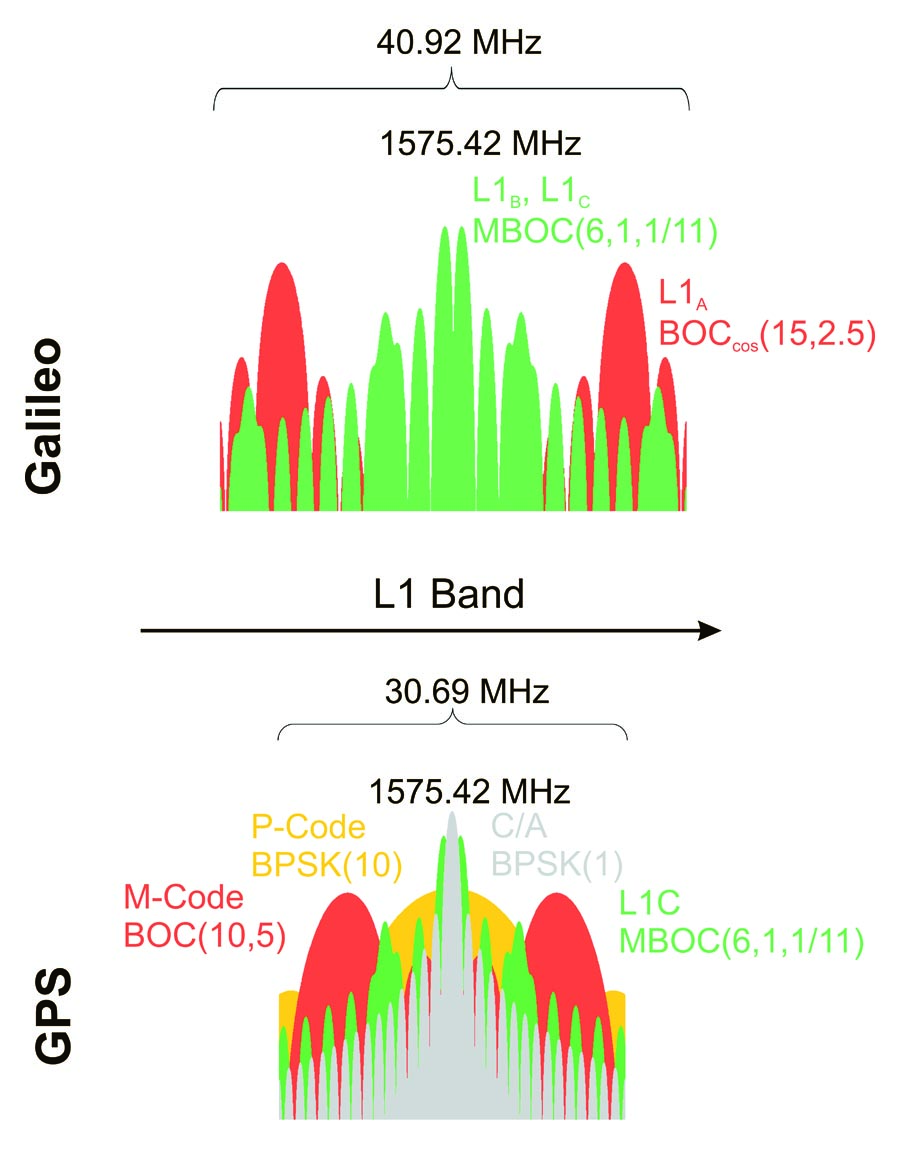China’s Xinhua state news agency has reported that a 16th satellite will be added to the nation’s BeiDou-2 (Compass) GNSS system by the end of this month.
China’s Xinhua state news agency has reported that a 16th satellite will be added to the nation’s BeiDou-2 (Compass) GNSS system by the end of this month.
The satellite has been identified as BeiDou G6 (or G2R), the latter designation suggesting that the spacecraft may be intended as a replacement for the geostationary satellite launched April 14, 2009, which drifted out of its intended orbital position and is identified by the International GNSS Service (IGS) as “inactive; uncontrolled.” A French aerospace engineering source has indicated that the G6 satellite and launch crew have reached the Xichang launch site, with a likely launch date on October 24 or 25.
This would be the sixth Compass satellite placed into orbit this year, bringing the BeiDou-2 constellation to a total of 16 spacecraft: six in geostationary orbit, five in inclined geostationary orbit (IGSO) and five in medium Earth orbit (MEO), including BeiDou G2. The newest two BeiDou satellites, MEOs launched on September 18, have already begun transmissions.
Meanwhile, China and the European Union (EU) have signed a Joint Statement on Space Technology Cooperation that indicates they will try to work out a long-standing dispute over a the overlay of an encrypted BeiDou signal planned for government/military use on the same frequency as Galileo’s proposed Public Regulated Service (PRS).
“Both sides . . . look forward to the resolution of the Galileo/EGNOS and Compass frequency issue under the ITU [International Telecommunication Union] Framework and welcome the agreement for an ITU coordination meeting in December 2012 in Paris,” stated a document signed September 20 as an annex to a broader EU-China summit in Brussels.
As in the case of a once-planned overlay of PRS on the GPS M-code, such situations prevent nations from jamming the signals of adversaries in time of conflict because they would effectively disrupt their own secure GNSS service.






